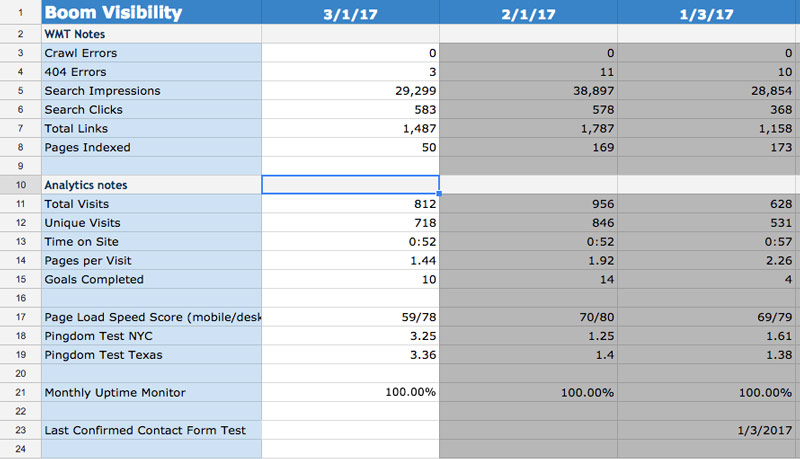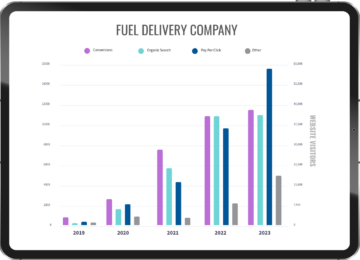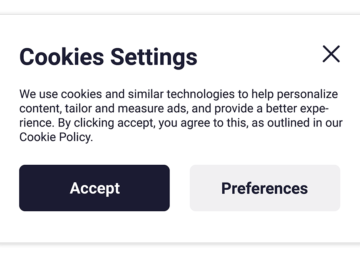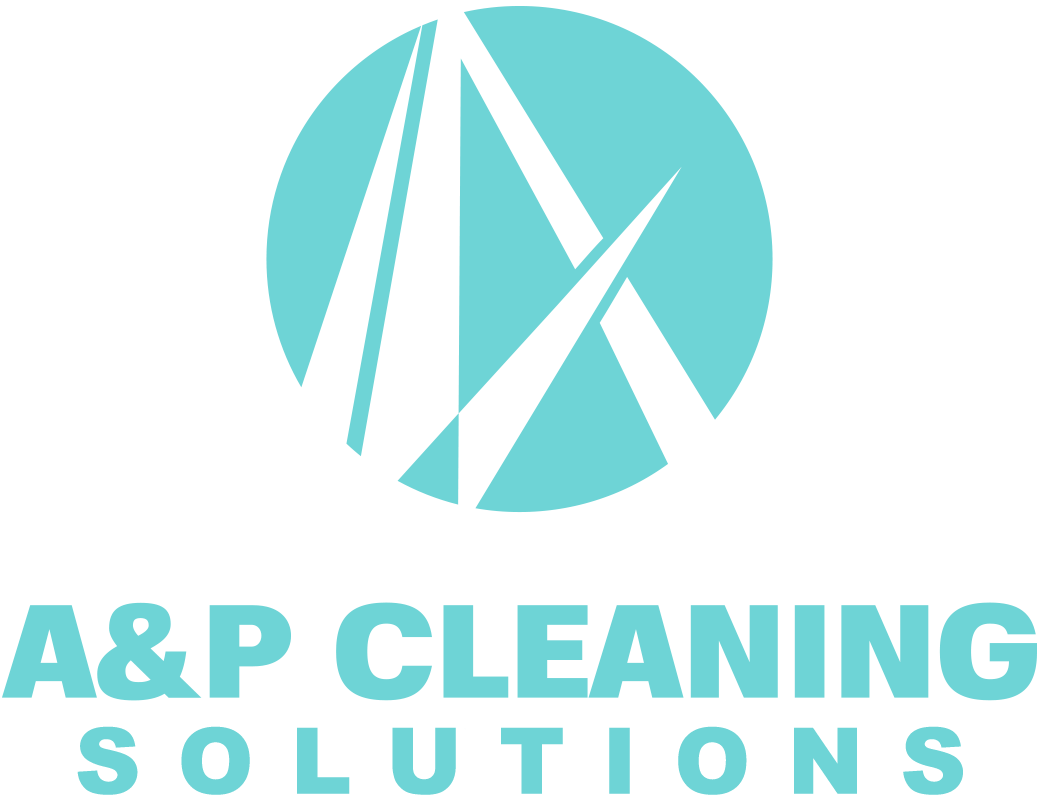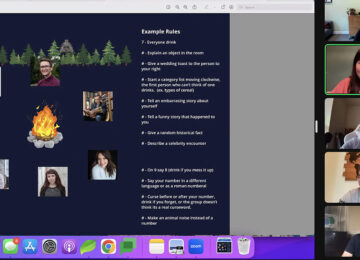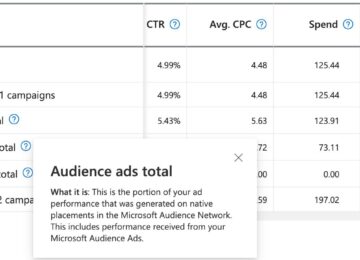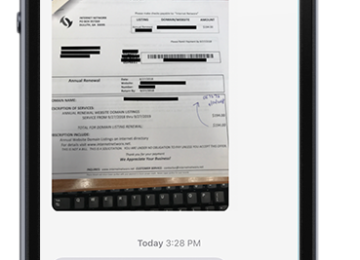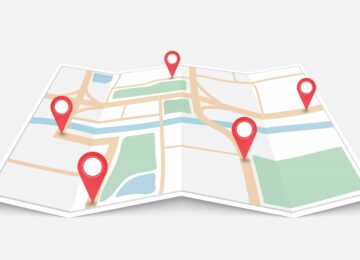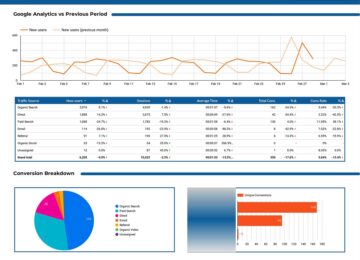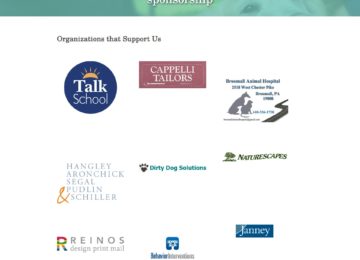As cyber attacks have increased in the last few years, the internet has become more complicated than ever. There are no easy solutions to keeping your website secure, but there are plenty of things you can do to minimize common problems.
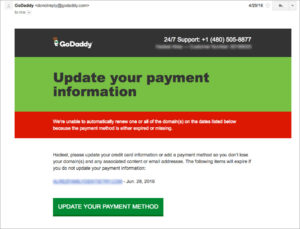
1. Stay involved
If you receive a lot of emails about your domain name and your hosting account, it can be very tempting to delete those emails without reading them. The fact is, a lot of them are not important, but if your domain or your hosting account is up for renewal, and the card your provider has on file is out of date, your website could be suspended. Always check through these emails. If you are unsure if you should be concerned or not by something you read in an email, don’t click on any links. Check with your web development company first, and they should be able to tell you if the email is legitimate.
2. Secure your passwords
The easier the password, the more likely you are to remember it, but also the more likely you can be hacked. And yes, the hackers are probably aware that your password is the name of your company with a ‘123’ added to the end of it. Make sure your passwords are strong and random. Also, make sure you have them written down in some central location, or if you have a lot of passwords, a solution like LastPass is a good option.
Learn more about password protection.
3. Do a health check
If you have a WordPress site, make sure you go through your site to ensure your plugins and core files are up-to-date. Hackers can exploit weaknesses in old plugins. It’s also important to back up your site regularly, so in case of disaster, you have a clean copy of your website on hand.
In addition to backing up and updating our clients’ sites quarterly, we do a site health report monthly. In our client health check, we look through the site for connection errors and search impressions in Google Webmaster Tools, take down Google Analytics statistics for the month, and check the site’s speed with Google PageSpeed Insights.
4. Check your hosting
Not all hosting companies are created equal, and the phrase “you get what you pay for” definitely applies when it comes to hosting. Security issues, problems with slow page speed, and poor customer support are common problems with cheap hosting providers.
We recommend and use WP Engine for hosting. Their platform is specifically designed to work with WordPress, and WP Engine provides many features that put it ahead of other hosting providers, including daily backups of every site and a free SSL (Secure Sockets Layer) certificate. Since they only work with WordPress sites, their customer service is able to be more focused on WP-specific problems. They also provide a staging environment, so that you can test changes to your site without interrupting your visitors’ experience.
5. Call security
An SSL Certificate is an absolute must for sites with online sales because it encrypts sensitive information. Even if you don’t sell online, you can benefit from having a secure site. Google now gives greater weight to sites with an SSL, and as of this year, the Chrome browser has brought greater attention to secure sites by placing a prominent icon in the browser bar.
SSL Certificates can be costly, but if you just need basic security, WP Engine has set up an easy way to enable a free SSL from Let’s Encrypt. This added layer of security will give your viewers peace of mind while not sacrificing page load speed.
If you have concerns about your website’s performance or security, we’re here to help! Please call us at 484-362-9736 for more information.
